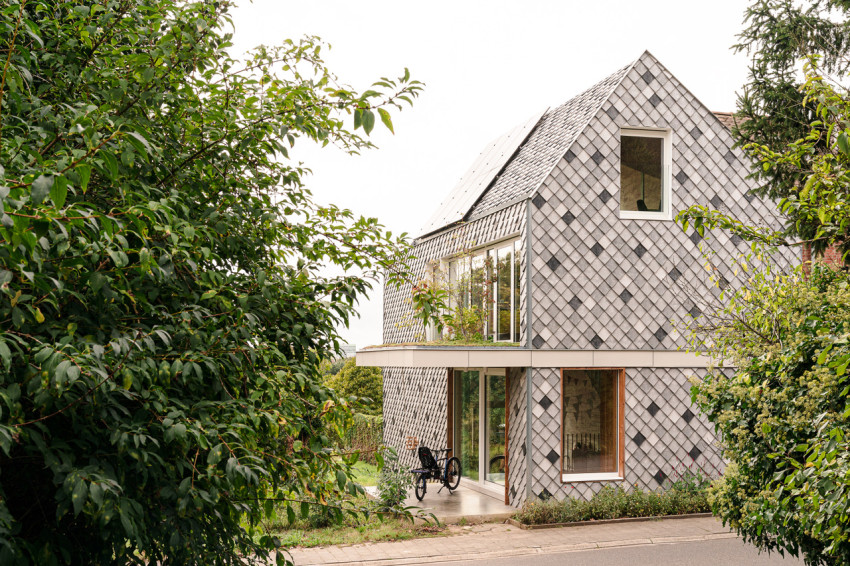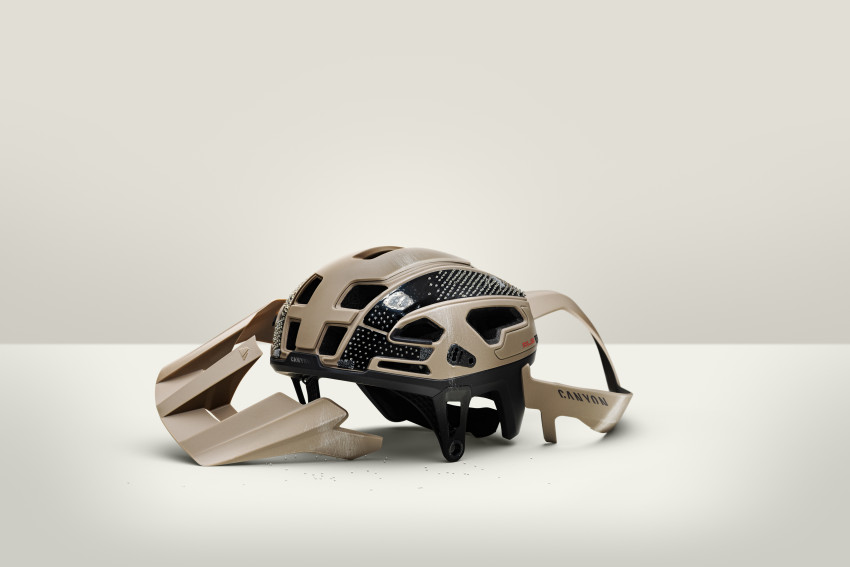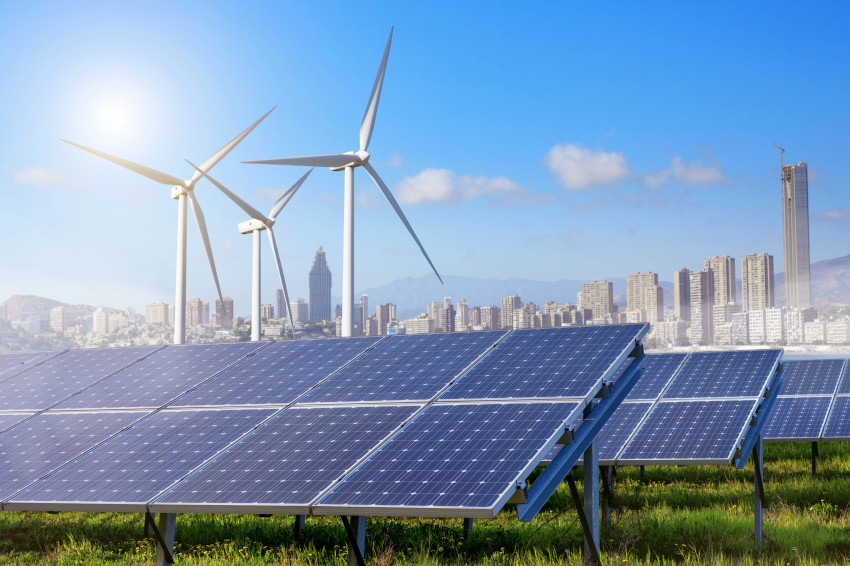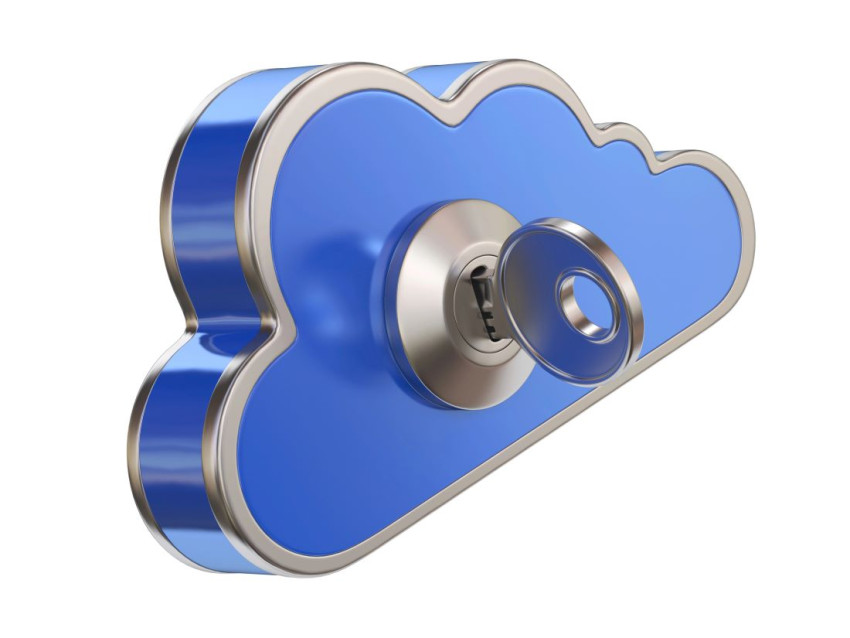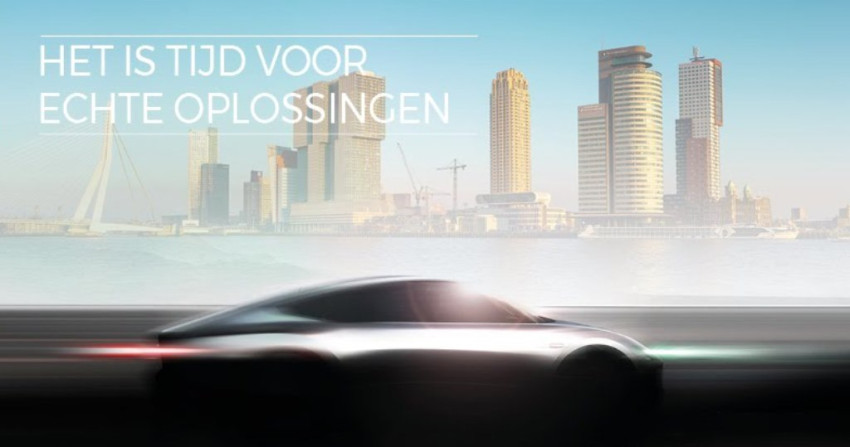
Lightyear teases Lexus with ad
Dutch start-up Lightyear, which is developing a car that runs on solar energy, placed a full-page advertisement in Dutch financial newspaper Het Financieele Dagblad last week with a dig at Lexus. Toyota’s premium luxury brand had previously criticised diesel cars to promote its hybrids, but Lightyear obviously thinks the company hasn’t gone far enough.
The heading of the full-page ad in the paper read in giant letters ‘Thank you, hybrids’ (Dutch). The similarities with the ad placed by Lexus in all Dutch newspapers a few days earlier are obvious.
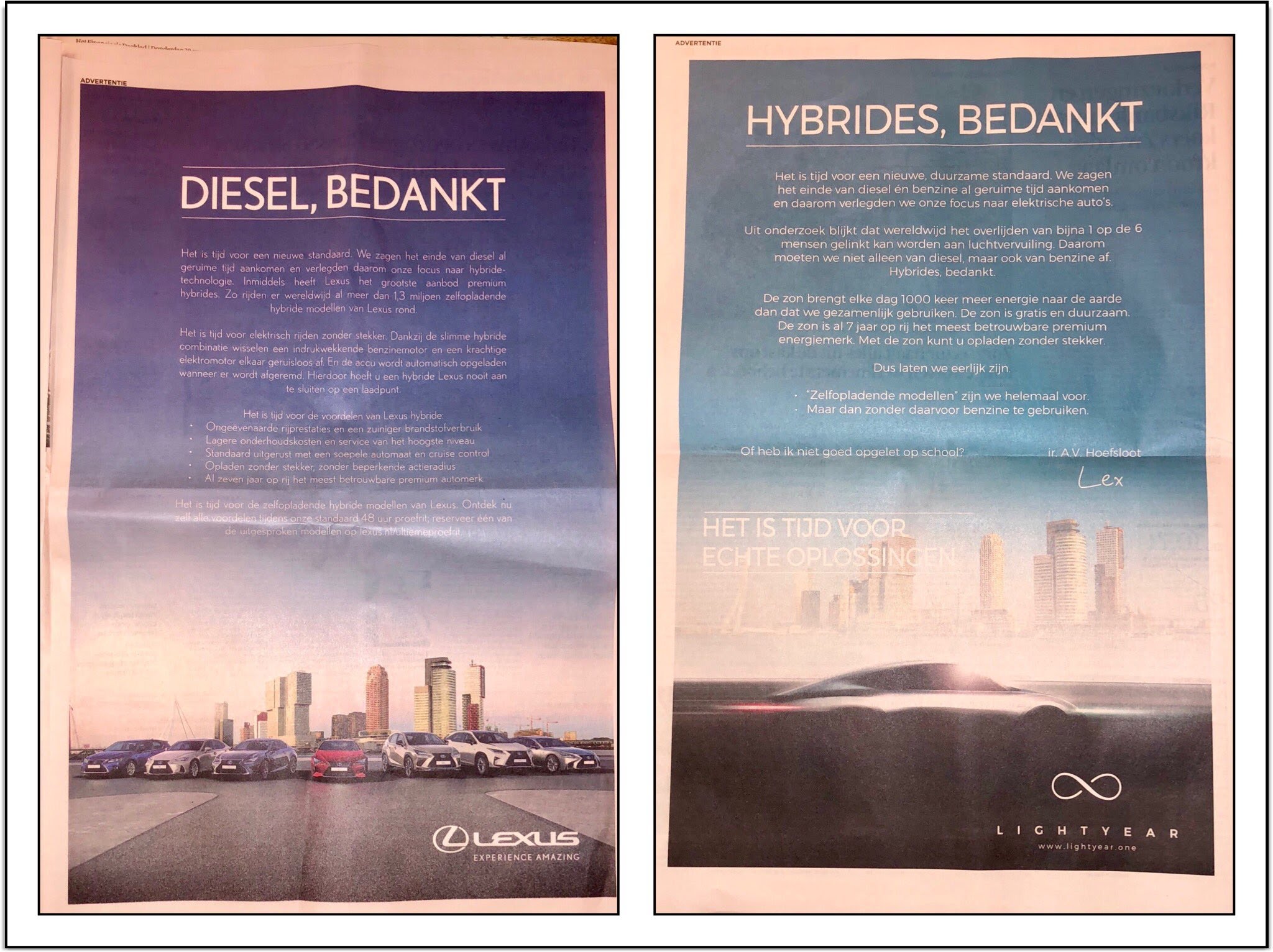
Thank you, hybrids
However, while the Japanese car maker used the ad to promote its hybrid models, Lightyear didn’t pull any punches, stating 'Research shows that the deaths of almost 1 in 6 people worldwide can be linked to air pollution. That’s why we have to get rid of our reliance on both diesel and petrol. Thank you, hybrids.' It was signed by Lex Hoefsloot, CEO of Lightyear.
The Dutch do have a point. Lexus makes itself look good with the batteries fitted in its cars, but their capacity is such that fully electric driving is not feasible in practice. The most that can be expected from the batteries and electric motor is a slight reduction in fuel consumption. All very nice, but simply not enough according to Lightyear, as a hybrid still emits polluting exhaust fumes that damage our health.
800 km on solar energy
The Dutch start-up is working hard on its first model, a streamlined luxury car that will cost around 100,000 euros. The factory at the Automotive Campus in Helmond, the Netherlands, should be ready before the end of this year. The Lightyear One should have a range of 800 km and generate much of the energy it needs with solar panels on its roof. Lightyear promises that the car will only need to be plugged in occasionally in sunny countries.
The company has also announced that its cars will be more streamlined than most serially produced cars, with a Cd value of less than 0.20. This low drag coefficient obviously increases the car’s range. The first Lightyear One is planned to leave the production line in Helmond in 2020.
If you found this article interesting, subscribe for free to our weekly newsletter!
Meer artikelen

Een AI-fabriek in Groningen
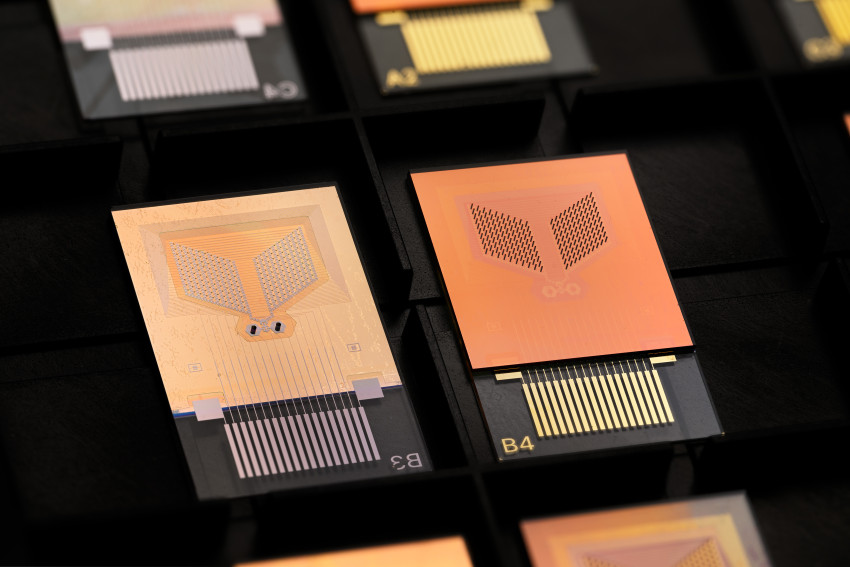
Gezondheid meten via zweetdruppels
Nieuwste artikelen

Een AI-fabriek in Groningen


